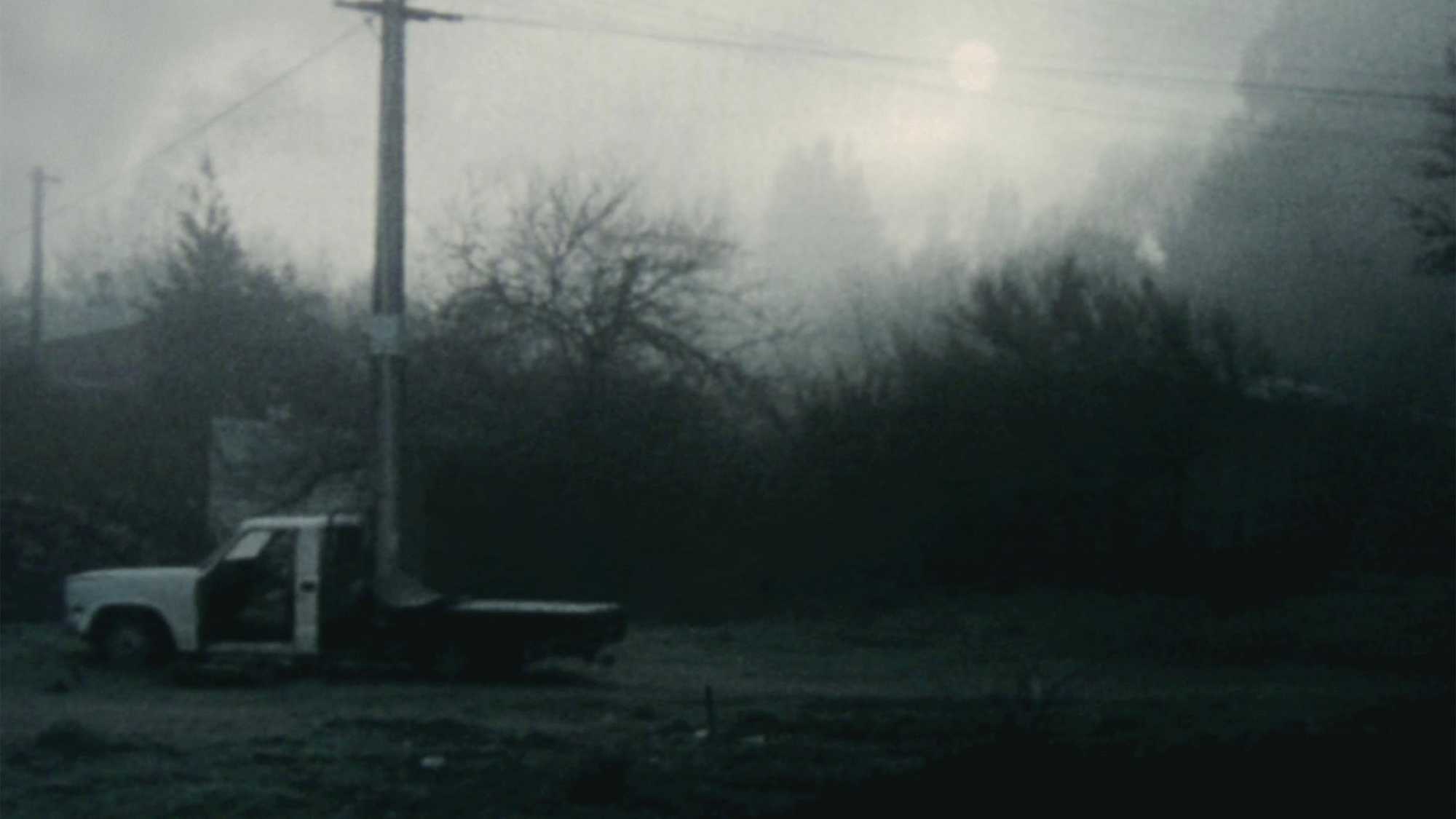A remarkable and disquietingly aestheticised documentary portrait of the North Island forestry town of Minginui, offering an eerily beautiful picture of torpor, isolation and decay – and of Maori culture enduring on the land, inhabiting the detritus of a western economy.

Screened as part of NZIFF 2005
Minginui 2004
Built in the 40s to accommodate Forestry Department workers, the small town of Minginui in the North Island’s Whirinaki Forest lost its sawmill in the 80s as the logging of native forests was brought to a halt and ownership of forestry moved to the private sector. In 1990 the government gifted the land and buildings to Ngāti Whare. Now 280 people inhabit the run-down village, living off the land and their benefit payments. Adam Luxton and Summer Agnew’s remarkable and disquietingly aestheticised documentary portrait of the town is the antithesis of Florian Habicht’s Kaikohe Demolition, interacting only fleetingly with the inhabitants. When there’s social activity – a powhiri, the haka before a rugby match, or just kids clambering on and off a roof – these filmmakers evince something like historical distance, framing ritual and play in the eternal overarching melancholy of mist and forest. Theirs is an eerily beautiful picture of torpor, isolation and decay – and of Māori culture enduring on the land, inhabiting the detritus of a western economy. — BG
The people of Ngāti Whare live at one with their cultural heritage. Their tikanga has not been dissipated by subsequent generations of urban life and absorption into European culture. Their seclusion and solidarity have meant that tikanga Māori has remained the heartbeat of their cultural life. The powhiri and karakia depicted in the film are not performances of historical customs but the functioning mechanisms of the community. Moreover the film suggests a kind of social decay, an uneasy symbiosis of indigenous Māori and introduced western culture, which even now, 150 years after the widespread colonization of New Zealand, shows no sign of easy reconciliation. The film evokes a state of limbo, or purgatory, between a proud and vibrant history and increasingly uncertain and European-influenced future. Minginui is a unique place where the colonising force of Pakeha ventured, but has never vanquished. — Adam Luxton and Summer Agnew